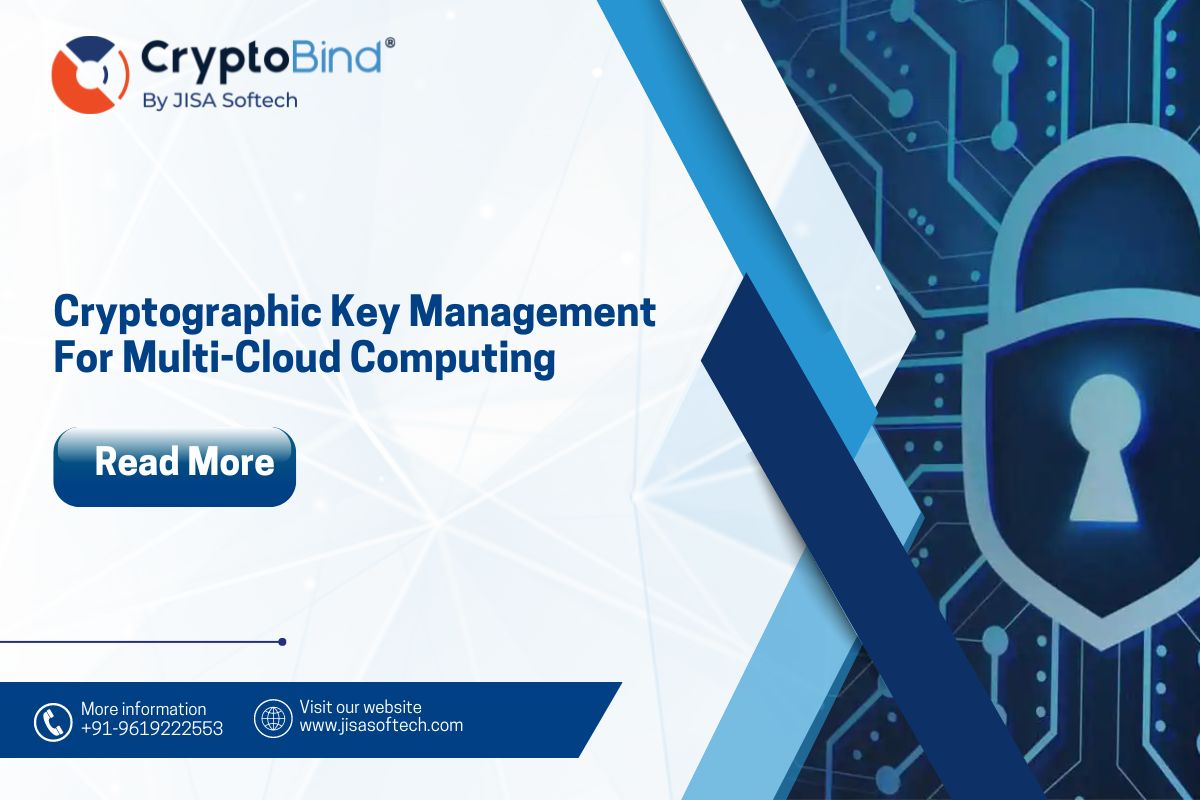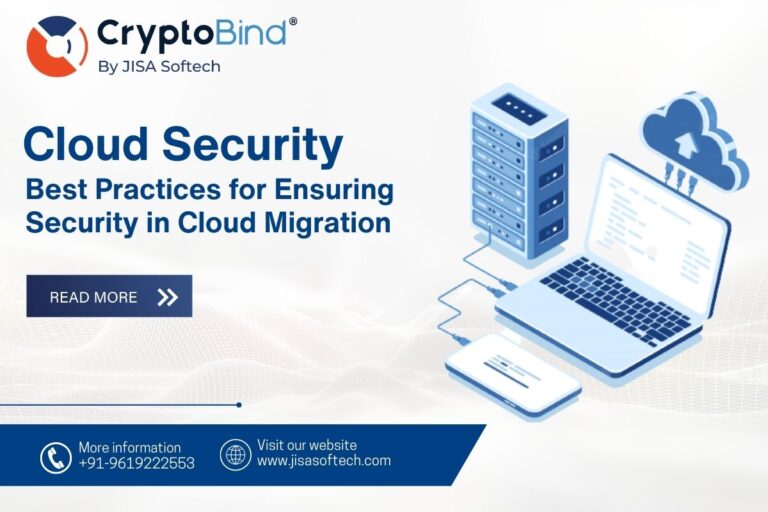Cryptographic Key Management for Multi-Cloud Computing
In an era where data is king, encrypting sensitive information has become a non-negotiable practice for organizations aiming to comply with various regulatory mandates and safeguard their reputation. The utilization of encryption not only fortifies resilience against data breaches but also protects against the potential fallout of such incidents. However, the efficacy of encryption is contingent on the implementation of robust key management procedures.
A pivotal best practice in key management involves the use of Hardware Security Modules (HSMs) to generate and safeguard secret keys and certificates within a secure, physical boundary. This ensures that key material remains impervious to attacks, as it is never exposed in the clear in application or server memory. Nevertheless, while HSMs are a crucial building block, a comprehensive encryption strategy necessitates more.
The design and implementation of strong key management practices, aligned with regulatory requirements and tailored to unique workflows, are equally crucial. This often involves designating personnel well-versed in key management procedures to integrate them seamlessly into everyday business operations.
In the past, organizations grappled with substantial challenges when securing critical systems within their own data centers. Fast forward to the present, where an increasing number of workloads reside in the cloud, introducing new and more complex key management challenges. Multi-cloud environments, driven by diverse application requirements, have become the norm rather than a strategic choice.
In the rapidly evolving landscape of multi-cloud computing, enterprises are increasingly leveraging diverse cloud platforms to meet various business objectives. Whether driven by the need for improved collaboration, reduced data center footprint, or enhanced customer response times, organizations are confronted with the challenge of ensuring consistent security configurations and robust data protection across their multi-cloud environments. In this context, a robust cryptographic key management strategy plays a pivotal role in safeguarding sensitive data and workloads.
For organizations navigating the multi-cloud landscape, key management can feel like a daunting challenge. Trust is already extended to cloud service providers when sensitive data is entrusted to them. To address concerns, many providers have introduced “Bring Your Own Key” (BYOK) initiatives. While a positive step forward, these initiatives entail placing trust in the same entity not only with sensitive data but also with the secret keys needed to decrypt it.
BYOK: Overcoming Challenges in Multi-Cloud Environments
Bring Your Own Key (BYOK) is emerging as a crucial strategy to address the complexities associated with key management in multi-cloud environments. However, the latest generation of Key Managers is bridging the gap by embracing BYOK functionality.
In conclusion, as organizations continue to navigate the complexities of multi-cloud environments, adopting a proactive approach to key management, particularly through BYOK solutions, becomes imperative. This ensures that the promise of the cloud can be fully realized while simultaneously enhancing data security in an ever-evolving digital landscape.
At JISA Softech, we specialize in delivering Key Management System (KMS) solutions featuring Bring Your Own Key (BYOK) and Bring Your Own Encryption (BYOE) approaches. Embracing BYOK allows organizations to transform the challenges of a multi-cloud environment into strategic advantages. This methodology not only adheres to industry best practices but also empowers businesses to fully leverage the advantages of cloud migration. It offers the flexibility to execute cryptographic operations securely and efficiently, ensuring the confidentiality and integrity of sensitive information.
Contact us for personalized data protection and data privacy solutions tailored to your organization’s needs.
sales@jisasoftech.com
+91-9619222553







